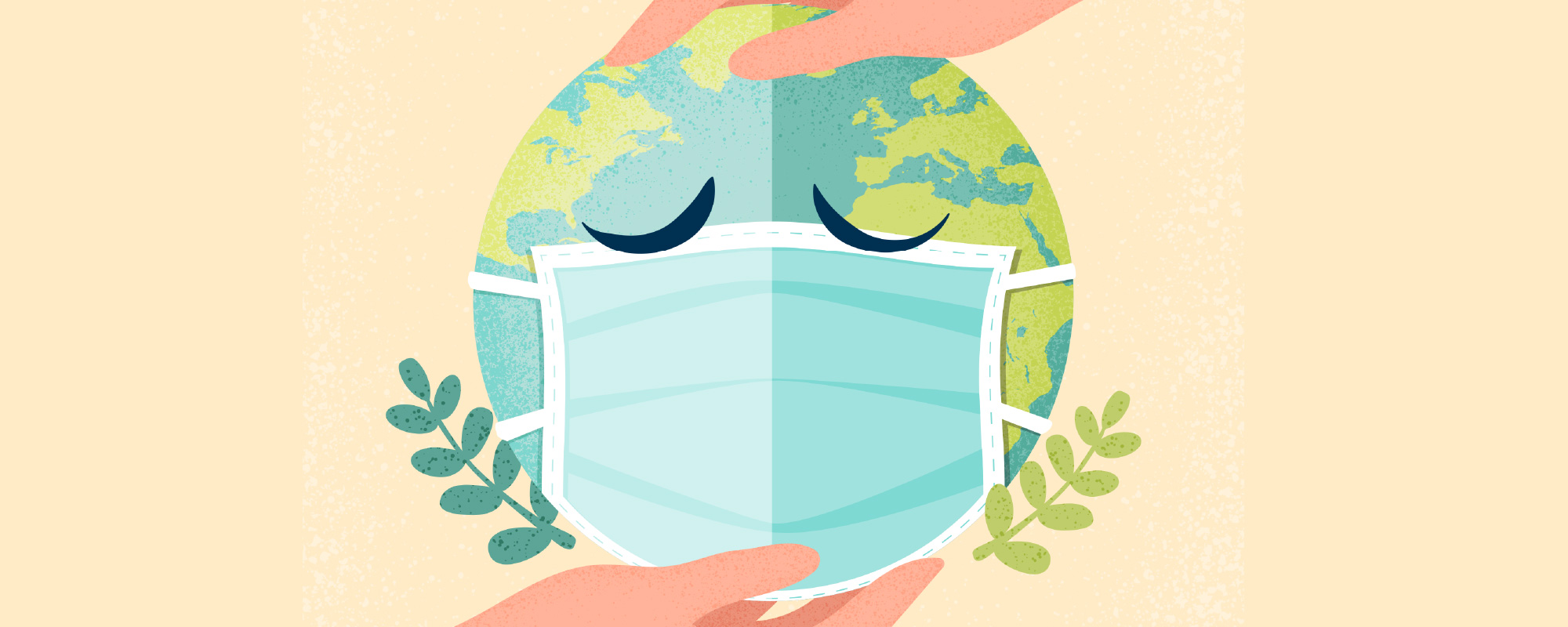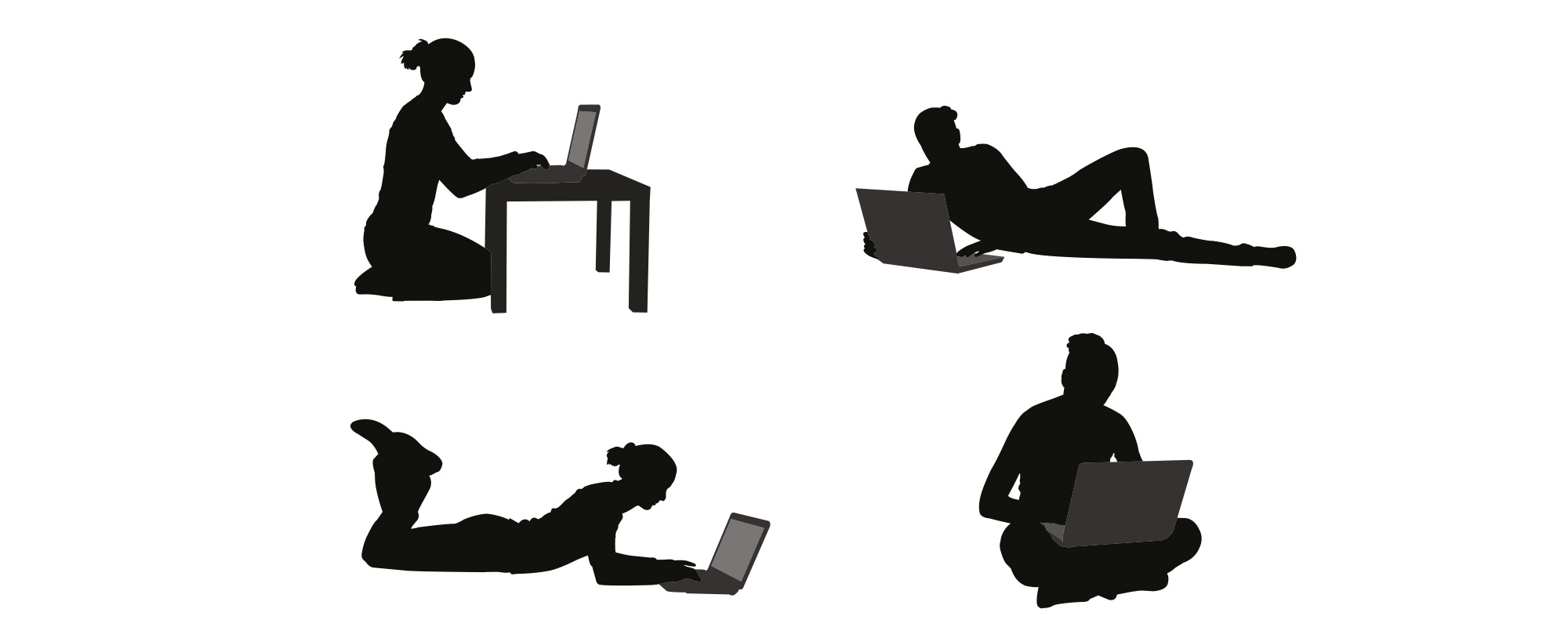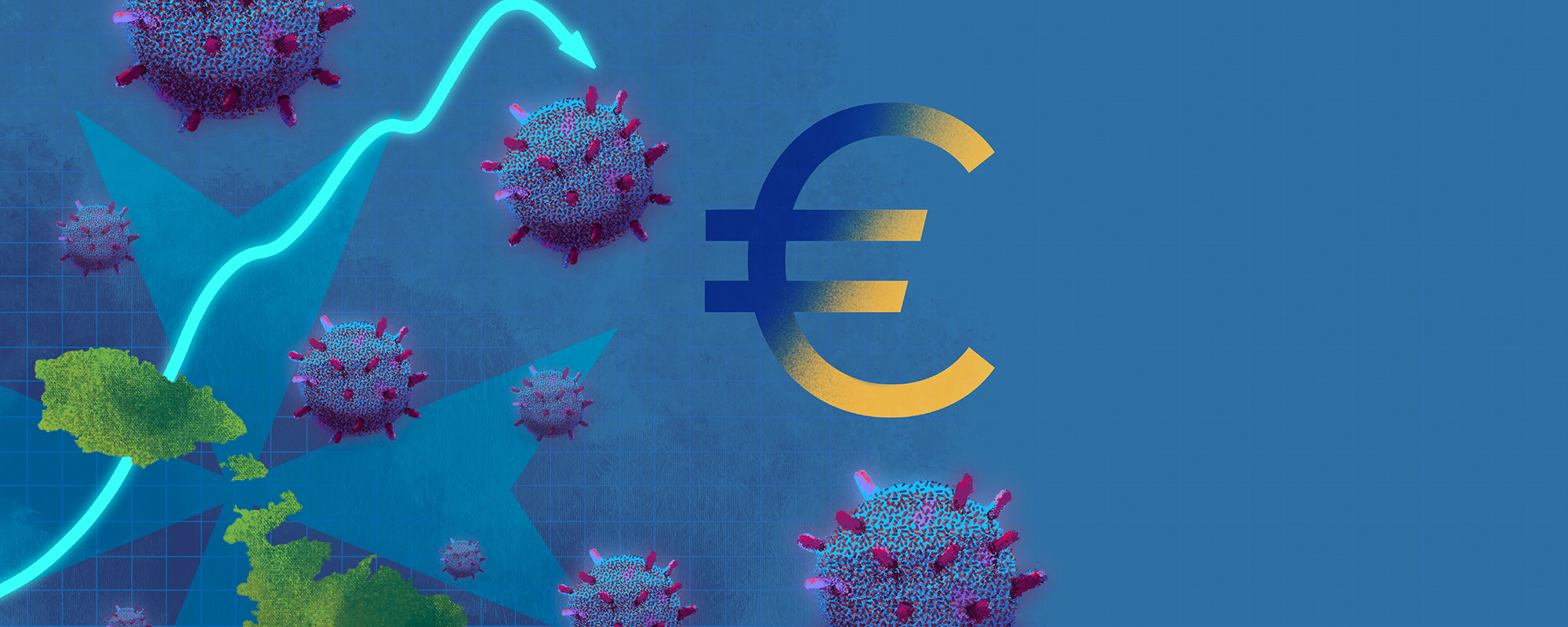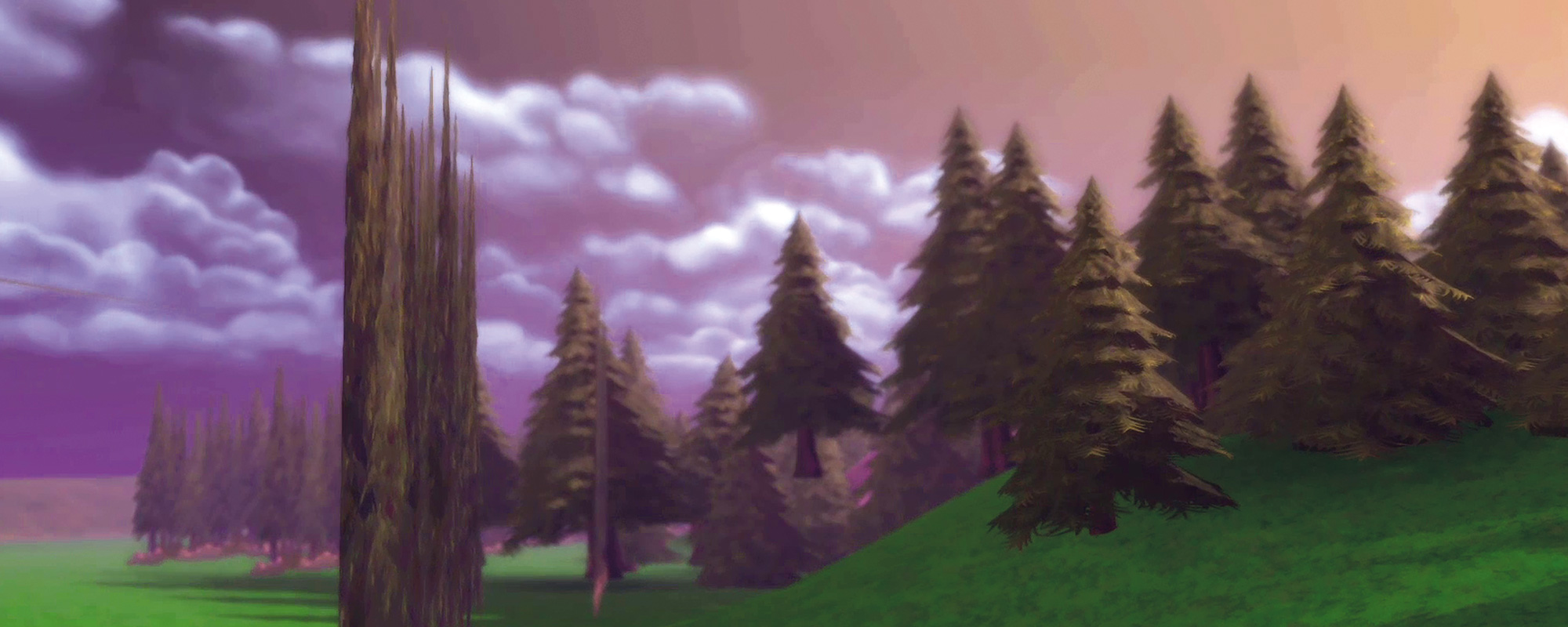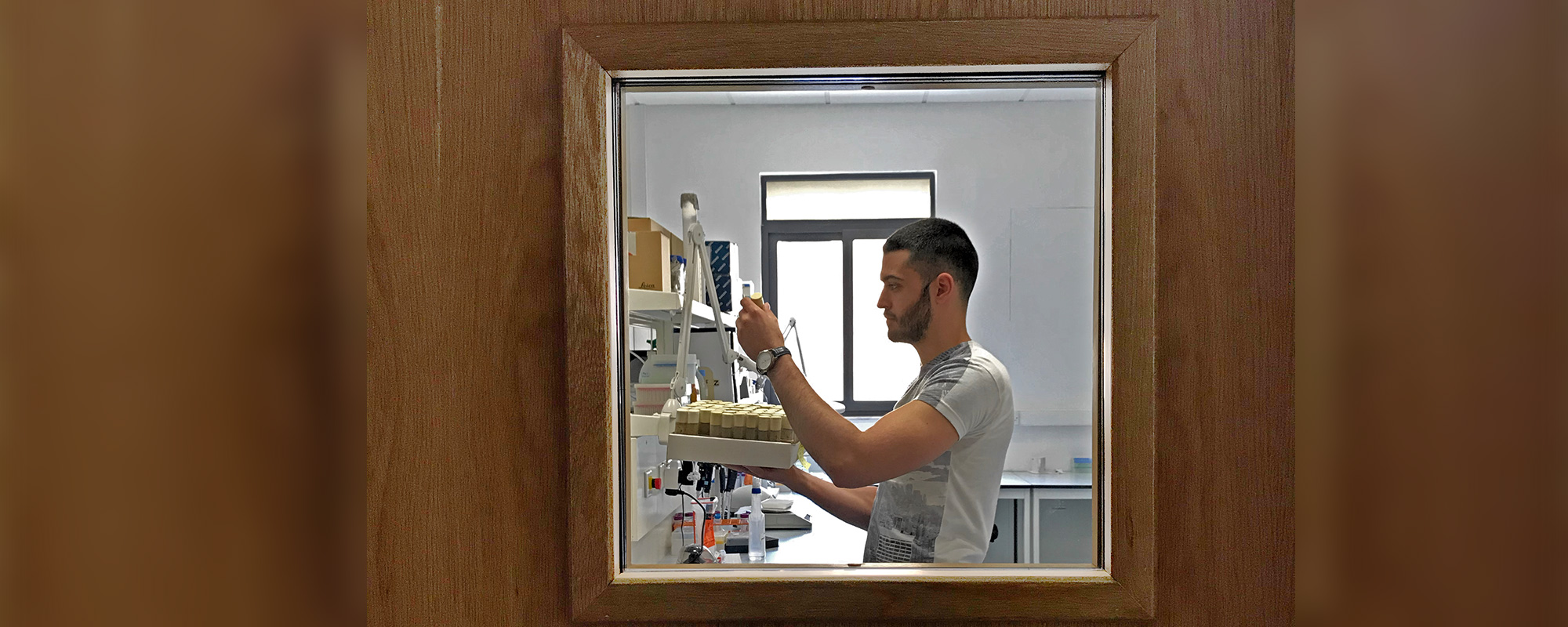Barely two weeks of the coronavirus lockdown measures had passed before people started posting images of cleaner waters and purified air over industrial zones; nature was healing in our absence. Some of them proved to be hoaxes, but others helped us imagine a better world. Martina Borg spoke to some of Malta’s leading researchers and environmentalists to make sense of the feel-good news.
Continue readingFor the price of a coffee
The global pandemic is a further blow to already struggling local media. Prof. Mary Anne Lauri, media researcher and Editorial Board member at Beacon Media Group, unpacks this trend.
Continue readingSocial networks to support mental health
The COVID-19 situation has taken a toll on people’s wellbeing. The constant flow of information can amplify the stress. Dr Josianne Scerri and Dr Paulann Grech, together with their colleagues and students, carved out a space on social networks where people could practise self-care – and get their facts right. They share their experience here.
Continue readingCoronanomics in Malta
In 2019, 2.8 million tourists came to Malta and spent on average over €800 each. Maltese households spent in total €826.8 million on eating out and takeaways in 2018. In March 2020, the COVID-19 global pandemic arrived in Malta. Subsequent containment measures swept most of this spending away. Prof. Joseph Falzon crunches the numbers of the predicted economic impact.
Continue readingCOVID-19 Crisis: have we done this before?
Popular wisdom warns that those who ignore history are doomed to repeat it. Will the current COVID-19 pandemic prove the adage true? Cassi Camilleri writes.
Continue readingStepping up in strange times
Author: Edward De Gabriele
During my final year of studies, I was meant to focus on exams and clinical placements. COVID-19 has upended everything. I felt that volunteering will be my way to keep busy and continue contributing to the general public.
Continue readingArt on the cloud
Author: Daiva Repeckaite
‘I find it quite interesting that the transition [from face-to-face to digital communication] is uneasy for some people. For me it’s all the same,’ says contemporary artist Letta Shtohryn. Although her artistic practice suffered when three exhibitions she was to take part in were postponed, her working methods remained unchanged when communication moved online amid the COVID-19 pandemic. Already in 2019, three of her artist residencies were fully digital.
Continue readingA precious living library
Author: Dr Ruben J. Cauchi
Fruit flies (Drosophila melanogaster) have helped scientists discover innumerable secrets about humanity. Over 1,000 types of these flies are living at the University of Malta’s (UM) Motor Neuron Disease (MND) Laboratory. Each type or ‘stock’ is unique, and UM researchers have generated the majority of stocks through genetic engineering over the last 11 years. Flies need constant care, fly food needs to be freshly prepared, and stocks must be monitored to avoid overpopulation and sudden death. The COVID-19 pandemic has forced universities worldwide to close campuses, leaving researchers to work and teach from home. But research activities, especially the care of living organisms, have to continue even in the face of a shutdown.
Continue reading
